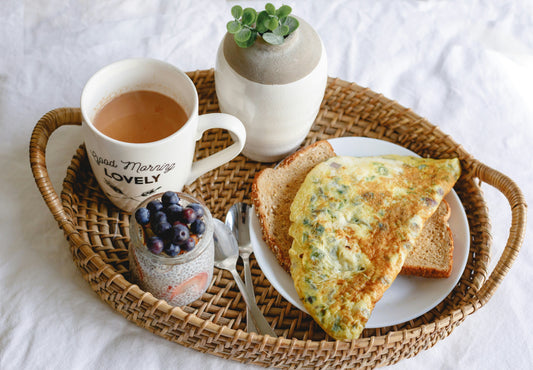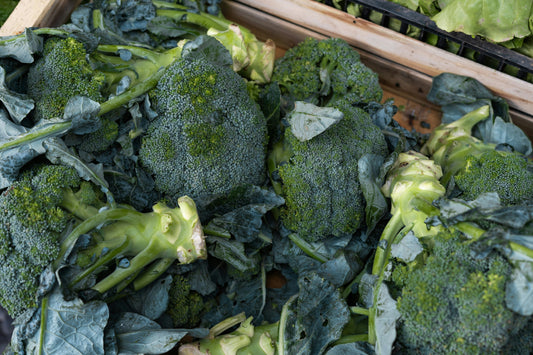Zinc is needed by every cell in the body in order for important chemical reactions to take place, without the completion of these reactions the body can not function optimally.
Zinc is essential for the replication of DNA, cell replication, wound healing, optimal sperm motility and count, as well as our taste, smell and vision.
Zinc is not only a mineral but a powerful antioxidant too. Zinc helps reduce inflammation, slow ageing, and prevent disease by neutralising the free radicals responsible for these problems.
Pregnancy, breastfeeding, intense exercise, chronic infections, puberty, gut infections and disorders, and alcohol and some medications (Contraceptive Pill) can impair your absorption or utilisation of zinc, or increase your needs. So are you getting enough?
Symptoms of zinc deficiency include:
Hair loss
Poor appetite or sensitivity to taste (common in children – fussy eating)
Low sexual desire/ sexual dysfunction
Weak or chipping nails
Slow wound healing
Frequent colds and flu’s
Brain fog
How to increase your zinc intake
Increase your intake of the following foods:
Beef, lamb, pumpkin seeds, oysters, lentils, shrimp, quinoa, asparagus, spinach, and shitake mushrooms.
Use a supplement
I use Zinc Drops every day to ensure that I am getting enough zinc. 5-10 drops into my water, juice or smoothie is a no fuss way to make sure I am getting in enough zinc. The liquid zinc is also great for applying topically to wounds or acne that are slow to heal.
Soak your nuts, seeds and grains
Nuts, seeds and grains contain high levels of phytates (a chemical which protects the plant from bacteria and insects). Phytates can inhibit the absorption of zinc and other minerals, so if you eat a diet high in these you may like to consider soaking them first. Soaking these plants overnight is best, simply discard the water and use as normal. Many people like to dehydrate the nuts and seeds after soaking to bring back the crunchiness, however, grains like quinoa and rice can be soaked and cooked as normal (in fresh water). If you eat a vegan or vegetarian diet then this is particularly important as your diet is likely to be more heavily based on grains, nuts and seeds.
Optimise your stomach acid
If your stomach acid isn’t strong enough you will not be breaking down your food effectively, which reduces the amount of nutrients you absorb. To improve your stomach acid be sure to avoid drinking water with meals, and try having the juice of half a lemon in 2 tbsp of water 15 minutes before meals.




